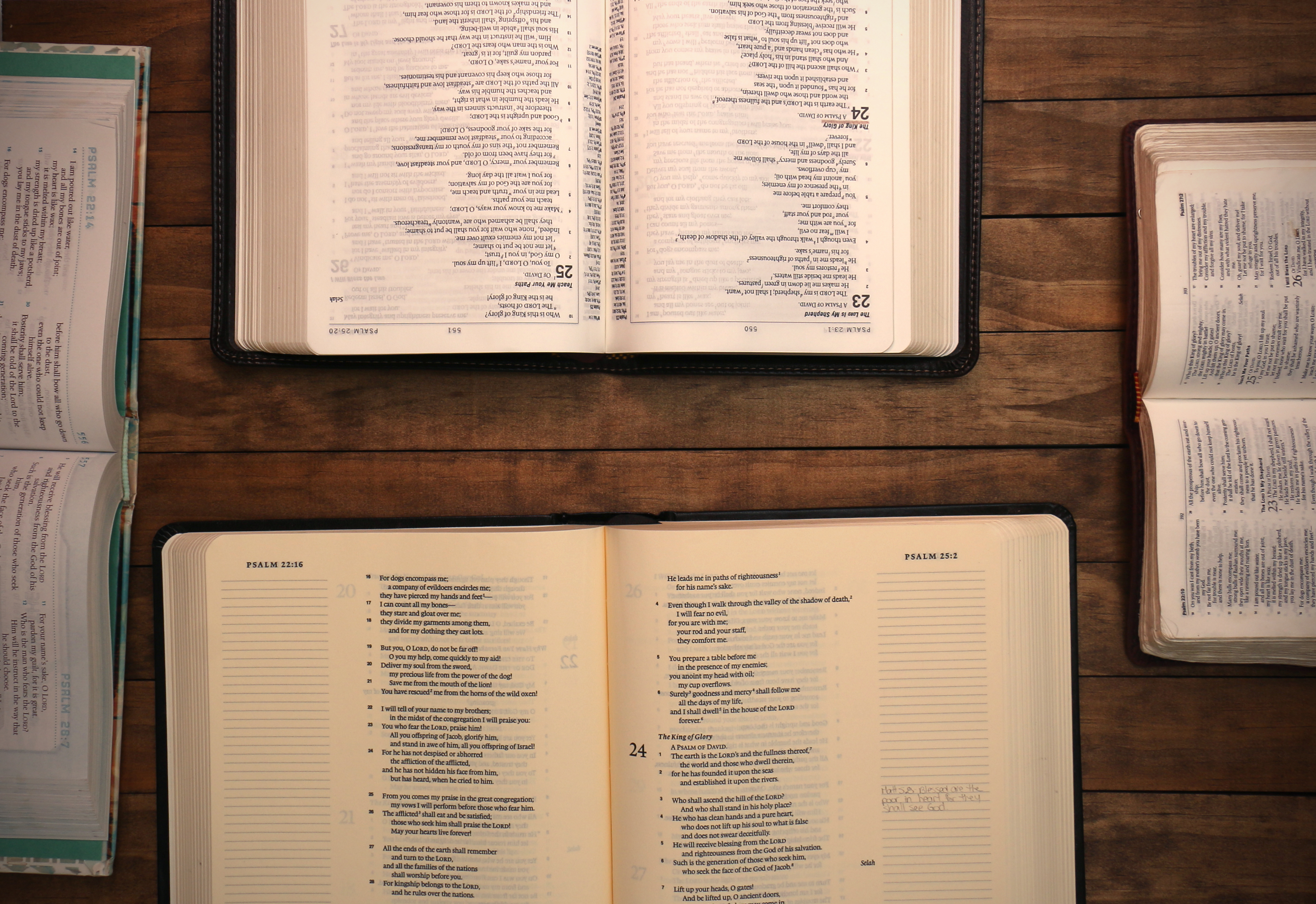By Mark Scott
 The Bible is full of contrasts related to God’s people. There was the line of Seth and the way of Cain; the sons of God and the daughters of men; the seed of promise (Isaac) and the house of Ishmael; the kingdom of God and the domain of darkness; the church and the world; Jerusalem and Babylon; the remnant and the unfaithful. But what if the remnant leaned toward unfaithfulness? The promise (Genesis 12:1-3) could be compromised. So God even had to purge the remnant by coming in judgment against his own people. A disturbing text says that judgment begins with the household of God (1 Peter 4:17). Zephaniah had to deliver such a judgment message to God’s people. Their day of reckoning had come.
The Bible is full of contrasts related to God’s people. There was the line of Seth and the way of Cain; the sons of God and the daughters of men; the seed of promise (Isaac) and the house of Ishmael; the kingdom of God and the domain of darkness; the church and the world; Jerusalem and Babylon; the remnant and the unfaithful. But what if the remnant leaned toward unfaithfulness? The promise (Genesis 12:1-3) could be compromised. So God even had to purge the remnant by coming in judgment against his own people. A disturbing text says that judgment begins with the household of God (1 Peter 4:17). Zephaniah had to deliver such a judgment message to God’s people. Their day of reckoning had come.
While Nahum was prophesying against Nineveh, Habakkuk and Jeremiah were trying to get Judah ready for coming captivity. If Habakkuk and Jeremiah gave the spiritual side for coming judgment, then Zephaniah gave the secular side. Zephaniah had royal blood running through his veins (the great-great-great-grandson of Hezekiah). He prophesied during the reign of Josiah (Judah’s last great king).
Disaster
Zephaniah 1:4-6
The judgment of God that Zephaniah predicted was staggering (Zephaniah 1:2, 3). It sounds worldwide and similar to that of Noah’s day (Genesis 6:5-7). Zephaniah had some things to say to the nations (primarily in chapter 2). But similar to Amos’s prophecy, the day of the Lord was coming against God’s own people (Amos 2:4–4:13).
The same outstretched hand that brought God’s people out of Egypt (Exodus 6:6) was now turned against them. Notice the parallelism against Judah and Jerusalem. God would bring disaster to the Baal worshippers, who sometimes even set up shop in the temple itself. God would bring disaster on the astrologers and on those who bow down and swear by the Lord and who also swear by Molek—syncretists. God would bring disaster on those who rebelled against him with sins of commission—turn back from following the Lord and with sins of omission—neither seek the Lord nor inquire of him.
Other sins are mentioned: Leaders were not truly leading (Zephaniah 1:8; 3:3, 4). People were living more by fate than faith (1:9). Some were unrestrained in their unbridled power (v. 9). Complacency, presumption, and materialism abounded (vv. 12, 18). They failed to trust God or draw near to him (3:2). Some acted corruptly and others were haughty (vv. 7, 11). Maybe the biggest reason for the coming disaster was plain old sin (1:17) and no desire to be corrected (3:2).
Disciplinarian
Zephaniah 1:14-16
God’s people did experience some good days during the reign of good King Josiah. But the Lord is in total control. The Lord is the Mighty Warrior. The great day of the Lord or “that day” or “at that time” or “the day of the Lord” or “the day” appear throughout Zephaniah’s prophecy as well as other parts of the Old Testament (Isaiah 13:6; Amos 5:18-20; Malachi 4:5). Most often this phrase does not refer to some cataclysmic end-times destruction. Mostly it refers to some kind of judgment—often local.
God’s people would be surprised that he had turned against them. He would come quickly and give a victory shout. His coming would be marked with distress and anguish, trouble and ruin, darkness and gloom. The trumpet would announce his coming and even the watchtowers (corner towers) wouldn’t be able to stand against his judgment.
Delight
Zephaniah 2:3
If God’s people turned to him, then disaster could turn to delight. Earlier we were told that Judah did not seek the Lord. Zephaniah pled with God’s people three times to seek the Lord. He called for them to be humble and obey God. He called for them to seek righteousness (justice). If they did this, they might be sheltered (covered) by the Lord himself during this day of the Lord’s anger.
There is a bumper sticker that reads, “Jesus is coming back—and he is not happy.” It is partially true. Jesus is coming again (Hebrews 9:28). But God lives in perpetual joy and does not have an occasional bad day. However, he does seem to schedule various days of judgment to prepare and purify us.
Dr. Mark Scott teaches Preaching and New Testament at Ozark Christian College in Joplin, Missouri.
Based on International Sunday School Lesson, © 2012, by the Lesson Committee. Scripture quotations are from the New International Version ©2011, unless otherwise indicated.



Comments: no replies